
Pediatric Nephrology Residency Program
Welcome to the Pediatric Nephrology Residency Program at the University of Alberta.
Renal Transplant Program
Our transplant program is integrated into the Alberta Kidney Care-North infrastructure. Transplants are currently done in children as young as 18 months and up to 18 years of age.
EXPERTISE AND EXPERIENCE
The Stollery is the second largest hospital in Canada, offers quaternary care, and has the largest geographic catchment area of any children's hospital in North America. Over 2500 children per year are seen in nephrology clinic, providing training exposure to a wide range of cases
Nationally Acclaimed Educators, Researchers and Clinicians
Trainees work with leaders in pediatric nephrology, renal pathology, HLA typing, transplantation and pediatric critical care.
Interview/CaRMS Specific Information
All interviews for CaRMS match will be conducted virtually. The interviews will be held via Zoom. They will consist of a number of one on one and/or panel meetings. These will include meeting with the Program Coordinator, Program Director, panel of teaching faculty and current trainees. These interviews will focus on communication skills, interpersonal skills, level of maturity, empathy and sensitivity. The process is approximately two to three hours in length, an agenda will be sent in advance. We hope the experience is a postive one.
Contact Us
Pediatric Nephrology Residency Program
Department of Pediatrics, Division of Nephrology,
University of Alberta
Email: pedsneph@ualberta.ca
Dr. Michelle Ruhl
Program Director, Pediatric Nephrology
Kathleen Blair
Medical Education Program Coordinator (MEPC)
Email: pedsneph@ualberta.ca
Dr. Michelle Ruhl
Program Director
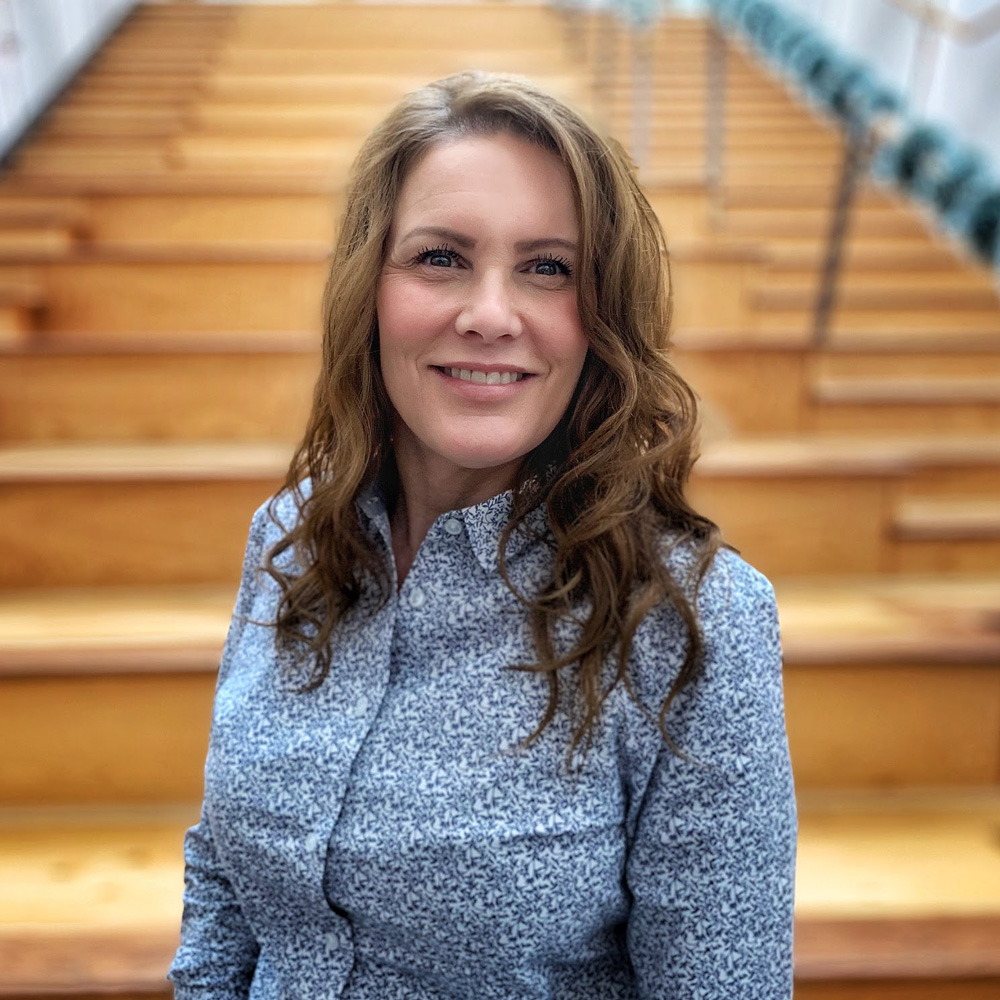
Kathleen Blair
Medical Education Program Coordinator
Welcome to PEDIATRIC NEPHROLOGY
We offer a two year residency training program, accredited by the Royal College of Physicians and Surgeons of Canada with additional options of doing further training in the context of a clinical / research fellowship or participation in the Clinician Investigator Program (CIP) also available.
Our program offers a balance of clinical and scholarly exposures that are designed to create a stimulating environment to develop skills in Pediatric Nephrology. We have a faculty with diverse clinical and research interests committed to resident education.
Our program offers exposure to the full spectrum of renal disease in children aged 0-18 years, including general Nephrology, acute and chronic renal replacement therapy, and transplantation. Our referral base includes northern and central Alberta, the Northwest Territories, Saskatchewan and northeast British Columbia serving a population base of over two million. Trainees are exposed to both common and rare nephrological disorders in ambulatory clinics, during consultation on the general wards, in the PICU and CV ICU, in the NICU, and in the Emergency department. Trainees learn to evaluate children with kidney disorders including electrolyte disturbances, hematuria, proteinuria, and glomerulonephritis. They also learn how to manage complex and serious disorders such as poisonings, metabolic disorders, congenital urologic disorders and end-stage renal disease. The Training Program is positioned within the Stollery Children’s Hospital as well as within Alberta Kidney Care North (AKCN) through which hemodialysis, peritoneal dialysis and renal transplant patients are cared for. We have well-established liaisons with Urology, Rheumatology, Transplant Infectious Disease, Transplant Immunology, Pathology, and Critical Care as well as an excellent multidisciplinary team, all of which amplifies the resident learning experience.
A weekly academic half day, morning case-based and other weekly educational events serve to provide a very comprehensive knowledge base for our residents. Trainees are continually challenged through a series of in-training exams to ensure that they are well prepared for their Pediatric Nephrology Royal College examinations.
With the launch of CBD in 2018, we are more than ready and well-prepared to ensure you meet the goals of this new training system. For more information regarding this, please refer to the Royal College's "A Resident's Guide".
Thank you for learning about our program, we look forward to meeting you!
Dr. Michelle Ruhl
Program Director
Our Program
In the Pediatric Nephrology Residency Program, trainees will learn to evaluate children with kidney disorders including electrolyte disturbances, hematuria, proteinuria, glomerulonephritis and urinary tract infections. Trainees also manage complex and serious disorders such as poisonings, metabolic disorders, congenital urologic disorders and end-stage renal disease that may require dialysis, apheresis and/or kidney transplantation.
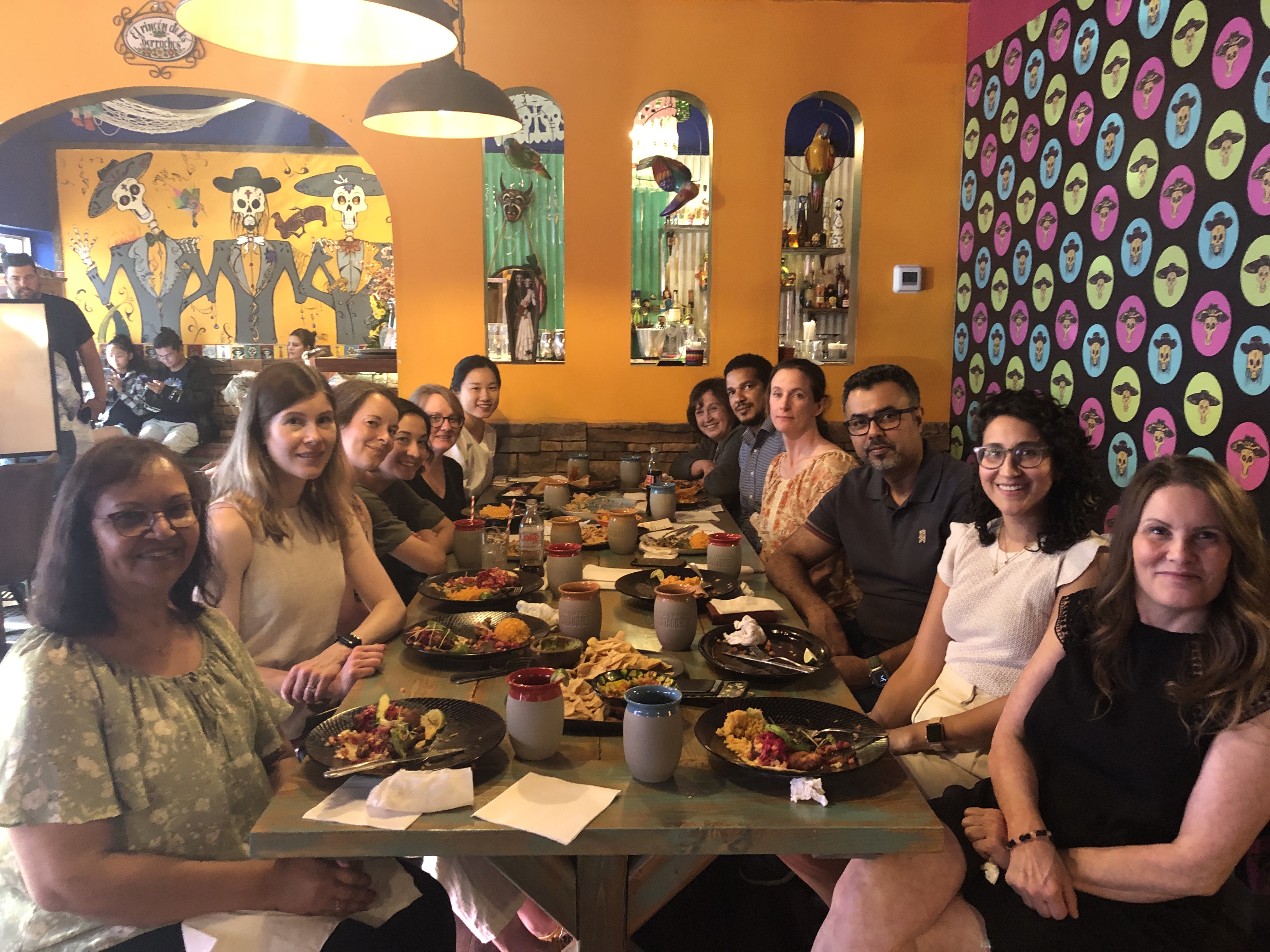
Program Highlights

Training includes clinical nephrology, critical appraisal, research methodology (basic and clinical) and QA/QI course.


The University of Alberta is the first North American program to incorporate hemodialysis simulation into core pediatric nephrology training.

Our program participates in multidisciplinary clinics with pediatric rheumatology, pediatric urology, pediatric solid organ transplant, and high risk prenatal services.

Subspecialty trainees participate in a trainee run continuity clinic.

Stollery Science Lab Distinguished Researcher Todd Alexander
Stollery Science Lab Distinguished Researcher Todd Alexander discusses his child health project, developing better treatments for young patients with kidney disease. Alexander's work is funded by the Stollery Children’s Hospital Foundation and its donors.
Residency at a Glance
This residency program is for 2 years.Program length of training does not exceed the Royal College or College of Family Physicians of Canada standard. A two year rotational curriculum involves the following rotations:
Inpatient Consultation service (3 blocks)
Outpatient clinics (3 blocks)
Dialysis (1 block)
Advanced Chronic Kidney Disease (1 block)
Pediatric Urology (1 block)
Renal Pathology (1 block)
Research (1 block)
Fluid and Electrolytes (1 block)
Inpatient Consultation service (2)
Outpatient consultation service (2.5)
Advanced Chronic Kidney Disease (2)
Adult Hemodialysis (0.5 block)
Adult Peritoneal Dialysis (0.5 blocks)
HLA lab / Adult transplant (1.5 blocak)
Research (1 block)
Elective (2 blocks)
- Research
- Pediatric Critical Care Medicine
- Neonatal Critical Care Medicine
- Pediatric Rheumatology
- Palliative care
- Point of Care Ultrasound
- Interventional Radiology
- Kidclot Service
TEACHING HOSPITALS
The primary training sites for the Pediatric Nephrology Training Program are at the Stollery Children’s Hospital and University of Alberta Hospital.
Resident Testimonials
We asked our residents what they like about Edmonton, their highlights of the program, and one piece of advice for applicants about the interview process. Here is what a few of them had to say:

What are the highlights of the program for you? The program has provided immense opportunities to learn about pediatric nephrology including management of pediatric hemodialysis, peritoneal dialysis and kidney transplant recipients. The staff are very supportive and dedicated to teaching. However, it was challenging to adjust to the new electronic health record system of EPIC and being efficient in the clinical work. The program is well funded with trainee funds available for conferences and purchase of resource materials such as books and subscription to online resources. Overall, it is an exciting experience with lots of learning and skill acquisition.
What is one piece of advice that you want to share with applicants about the interview process? My advice to the new applicants is that they should be confident during the interviews and have a clear idea of what their goals of training are.
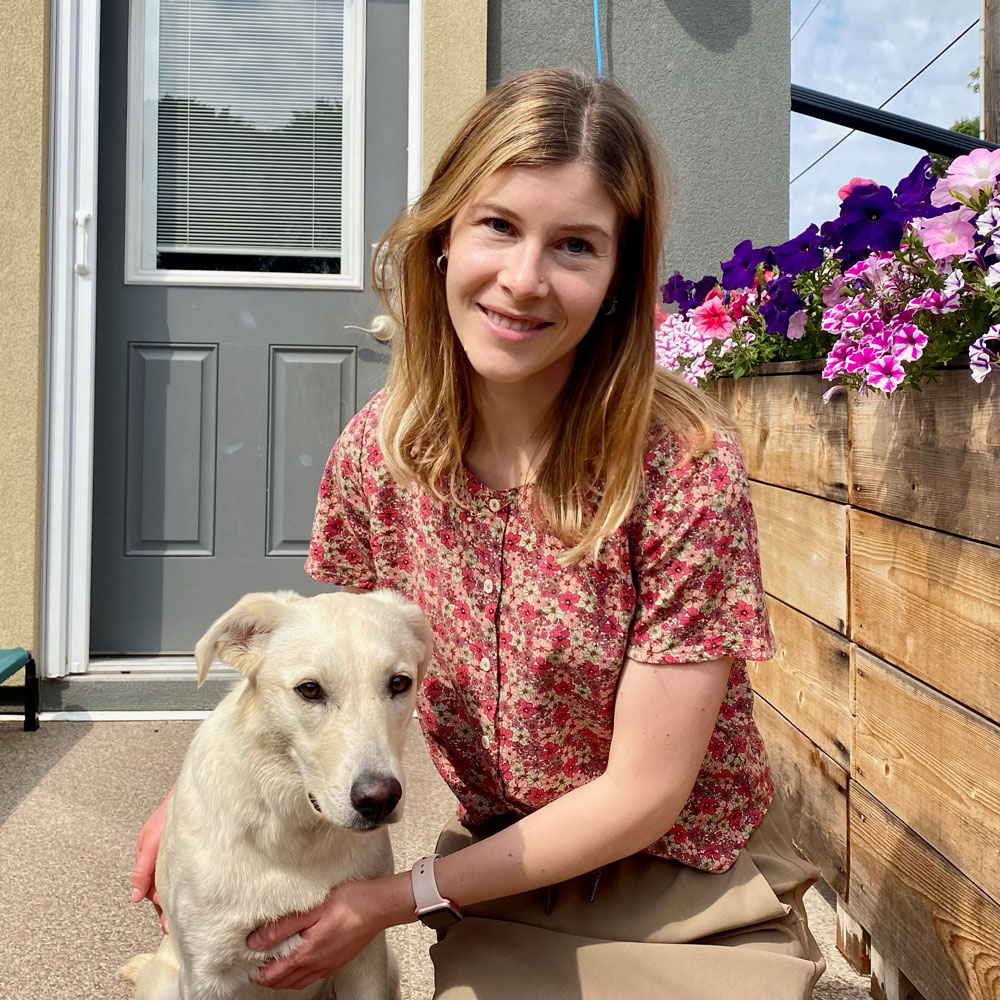
What are the highlights of the program for you? I really enjoy the company of the people I work with. I have had great exposure to renal transplants as well as other solid organ transplants, PCICU and PICU cases. The program has been very responsive to feedback and accommodating to our needs as learners.
What is one piece of advice that you want to share with applicants about the interview process? Think about what is important to you in a program and city and ask questions to find out if this program is a good fit for you. It is important to be happy in both your home and professional life. We are excited to meet you!
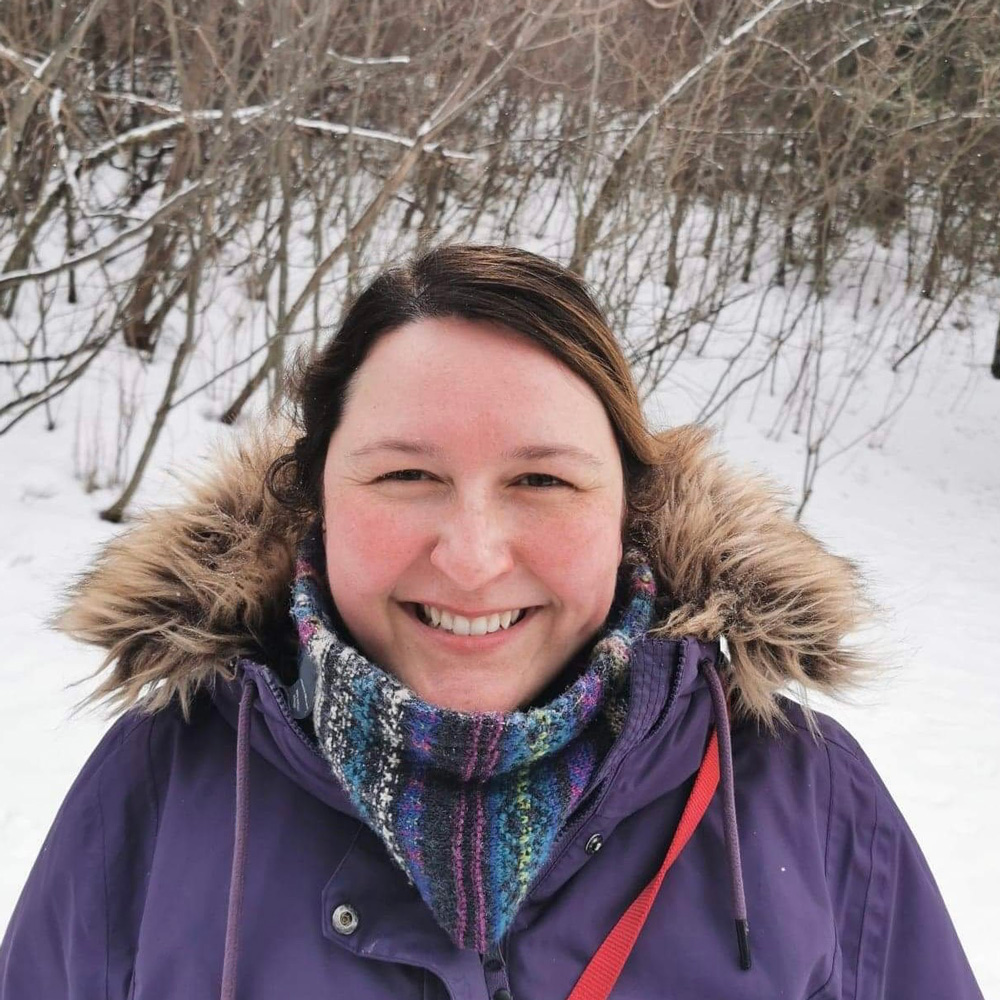
What are the highlights of the program for you? Everyone you work with is really lovely! From the staff to the residents to the other services, everyone is very kind and hardworking towards the cause of helping kids feel better!
What is one piece of advice that you want to share with applicants about the interview process? This is an excellent place to train, with a good combination of exposure without overwhelming volume. Your colleagues are wonderful and kind. The city has everything you need and is an affordable place to live. These are such important factors when you are at this stage of your life! You cannot go wrong with UofA!
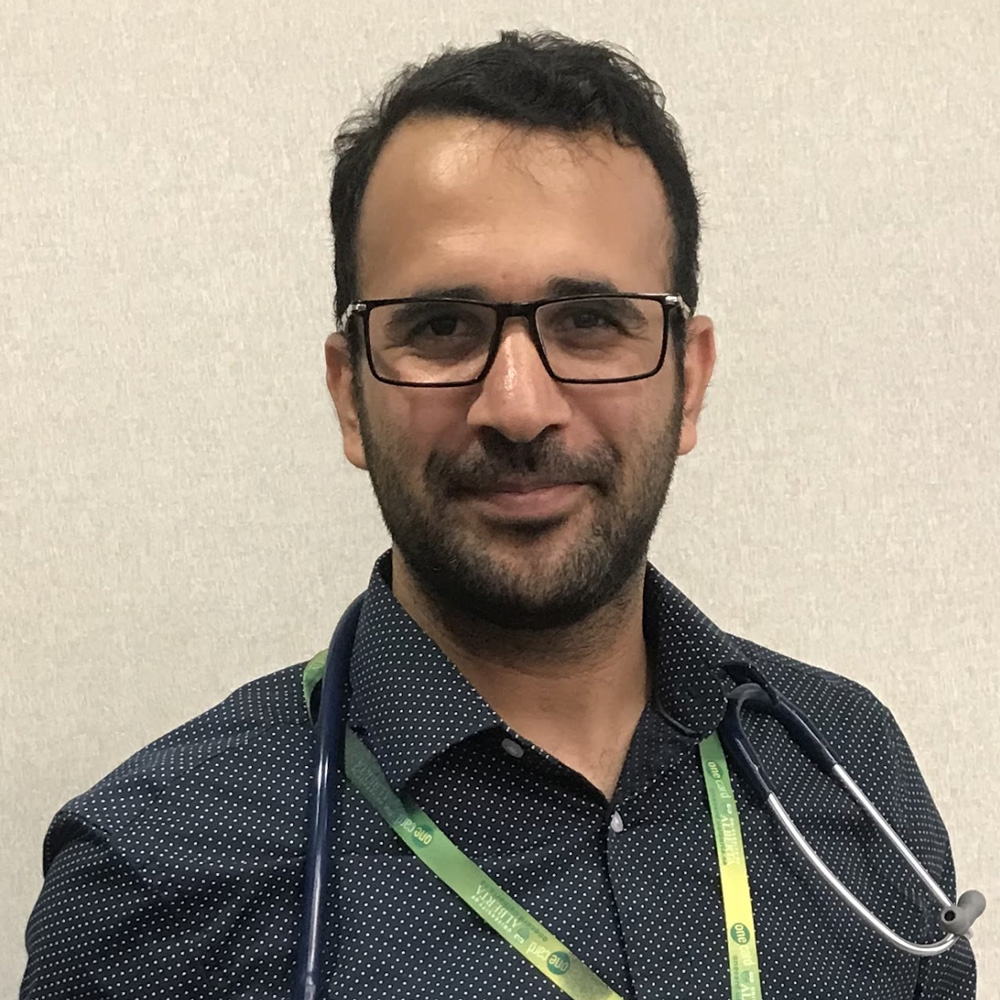
What are the highlights of the program for you? It is a well organized program and has excellent resources. Reading books and online study material are provided for free. The nephrologists are a group of experts in the field. Each one has their own subspecialized interest. The dietitian and the specialty nurses are knowledgeable in their field and they participate in teaching as well. I found all the team members are very interested in teaching and very supportive for trainees. The teaching is intensified and covers all aspects of nephrology. The program is sharpening the skills and knowledge of the trainees, not only in clinical aspects and research but goes beyond that to laboratory and basic sciences. I will never regret being trained here.
What is one piece of advice that you want to share with applicants about the interview process? Be authentic and genuine.
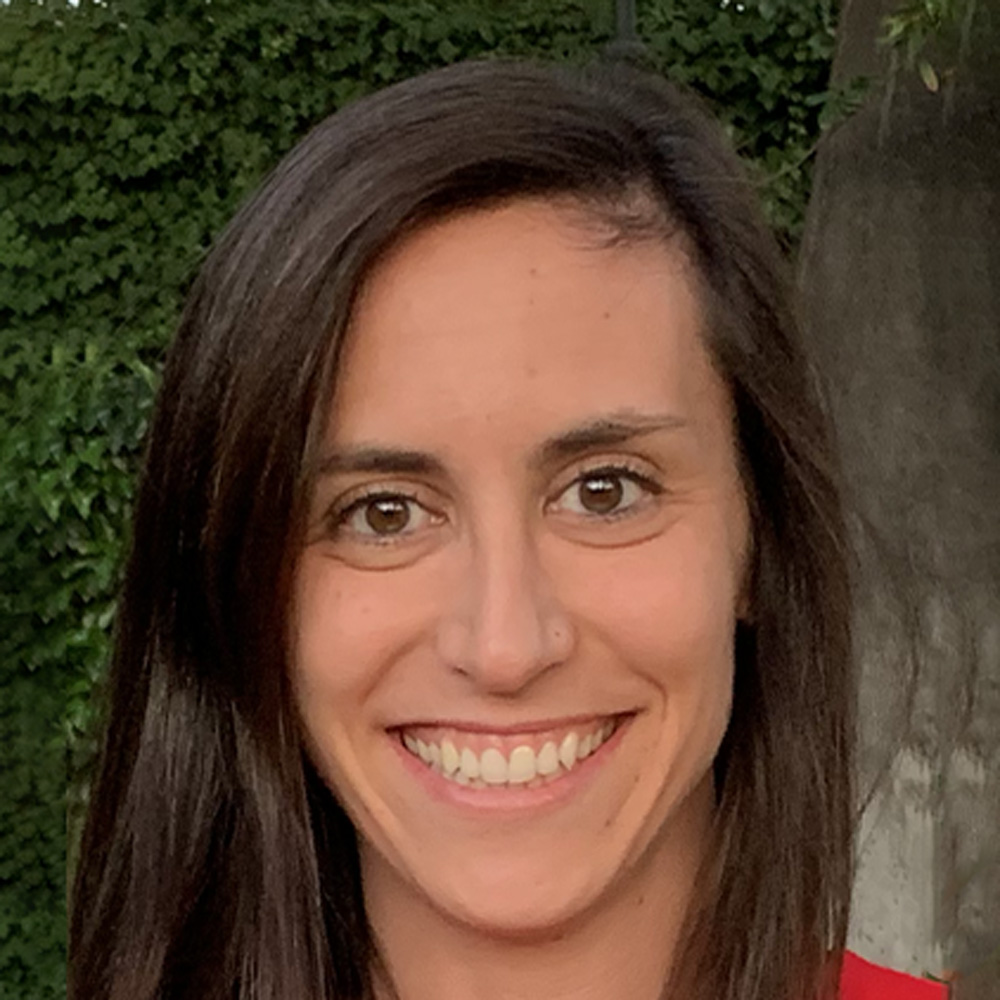
What are the highlights of the program for you? It has different rotations for the development of both clinical and research skills. The hospital offers tertiary nephrology care including dialysis and transplantation so we are exposed to varied complex diseases and situations. The half days are very useful, especially to improve my knowledge on renal physiology. The staff are brilliant nephrologists, always supportive, motivating and ready to teach. The work environment is great!
What is one piece of advice that you want to share with applicants about the interview process? Prepare in advance all the questions you may have about the program and feel free to ask them.